Very interesting article on the ideas and daily life of the businessman and biohacker Serge Faguet.
Silicon Valley millionaire Serge Faguet thinks pills, injections and implants will turn him into a superhuman. Could they?
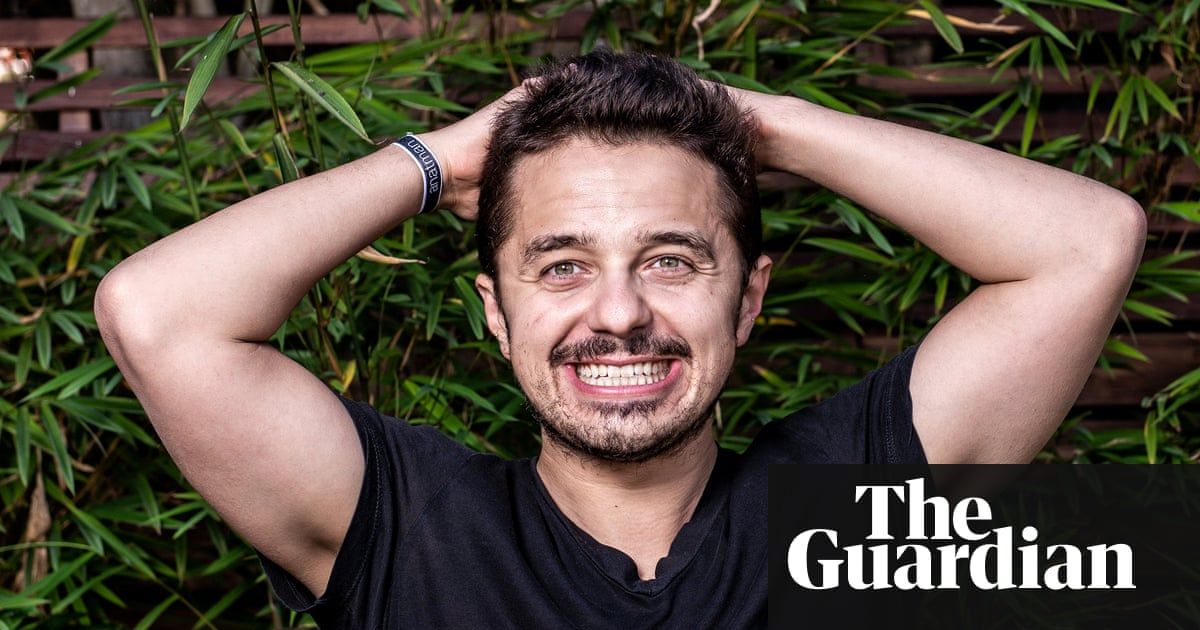


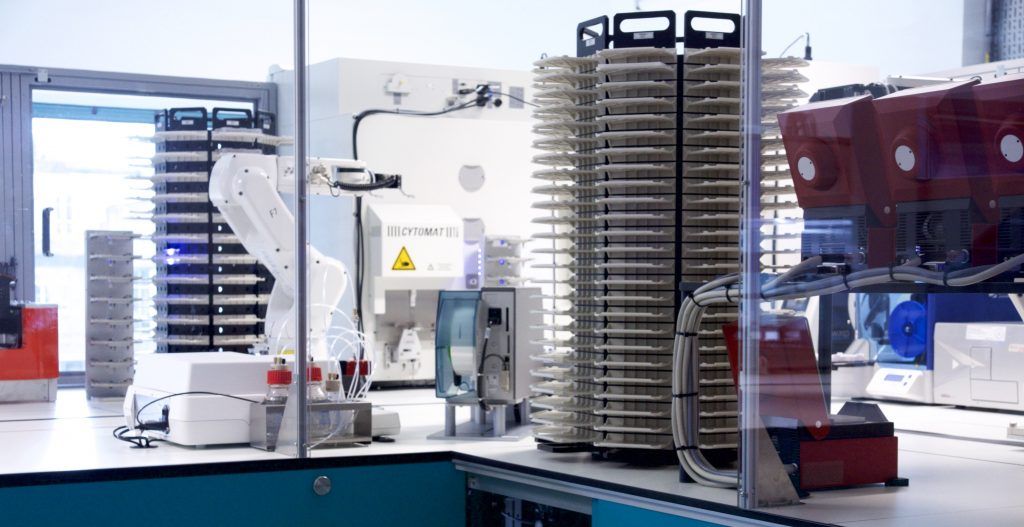
Data centers are the new oil refineries, argues The Economist. Where black sludge and steam once marked the beating heart of the economy, now blinking servers laced with fiber optic cables indicate where the action is.
Biotechnology — like all other industries — must adapt. Synthetic biology teams that embrace modern tools like cloud computing, professionally built software, and laboratory automation will save time, reduce errors, streamline complex workflows, and maintain their agility in the digital economy. Those who fail to adopt new tools will be primed for disruption.
Software is already an integral part of biological research, but most scientific apps lag far behind the rest of the digital frontier. As the software giant Autodesk puts it:
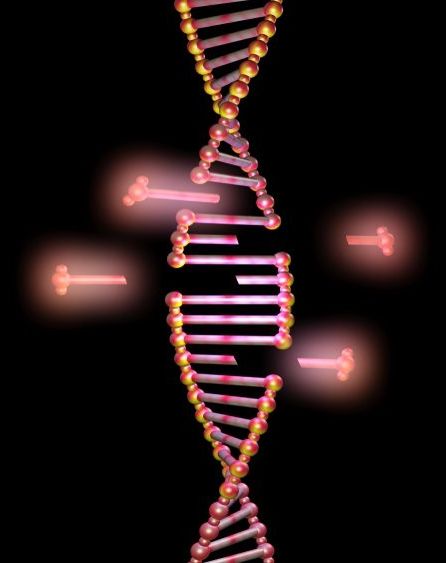
A new potential method to administer gene therapy without triggering an immune response.
Scientists at Stanford University School of Medicine managed to administer effective gene therapy in mice without triggering an autoimmune reaction. The research, led by Dr. Peggy Ho, Ph.D., was published in the Proceedings of the National Academy of Sciences [1].
Study abstract
In gene therapy for Duchenne muscular dystrophy there are two potential immunological obstacles. An individual with Duchenne muscular dystrophy has a genetic mutation in dystrophin, and therefore the wild-type protein is “foreign,” and thus potentially immunogenic. The adeno-associated virus serotype-6 (AAV6) vector for delivery of dystrophin is a viral-derived vector with its own inherent immunogenicity. We have developed a technology where an engineered plasmid DNA is delivered to reduce autoimmunity. We have taken this approach into humans, tolerizing to myelin proteins in multiple sclerosis and to proinsulin in type 1 diabetes. Here, we extend this technology to a model of gene therapy to reduce the immunogenicity of the AAV vector and of the wild-type protein product that is missing in the genetic disease.

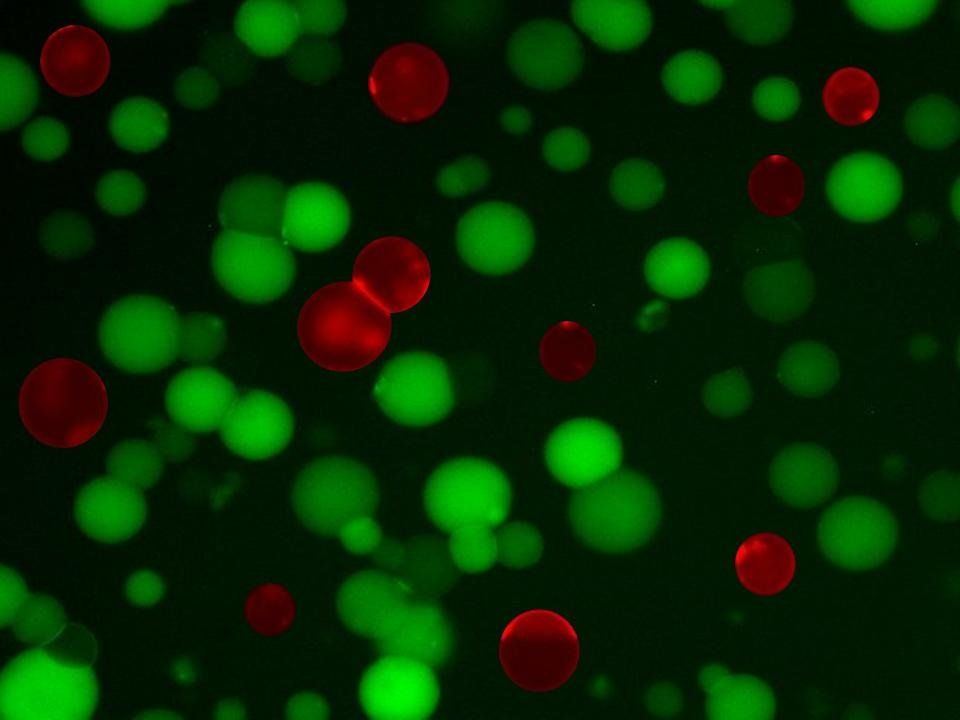
“Lego block” artificial cells that can kill bacteria have been created by researchers at the University of California, Davis Department of Biomedical Engineering. The work is reported Aug. 29 in the journal ACS Applied Materials & Interfaces.
“We engineered artificial cells from the bottom-up – like Lego blocks – to destroy bacteria,” said Assistant Professor Cheemeng Tan, who led the work. The cells are built from liposomes, or bubbles with a cell-like lipid membrane, and purified cellular components including proteins, DNA and metabolites.
“We demonstrated that artificial cells can sense, react and interact with bacteria, as well as function as systems that both detect and kill bacteria with little dependence on their environment,” Tan said.


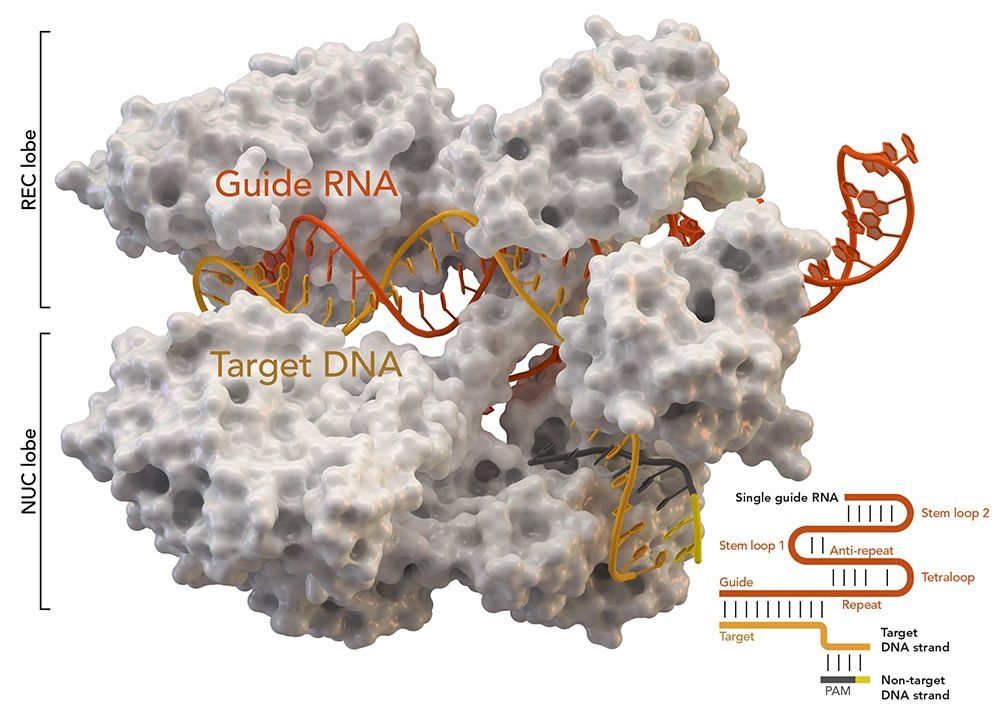
A team of researchers in China has used a form of the CRISPR gene editing technique to repair a genetic defect in a viable human embryo. In their paper published in the journal Molecular Therapy, the group describes their work and how well it worked.
Only three years ago, CRISPR was first used on a human embryo. In that work, a Chinese team attempted to use the technique to repair a genetic fault. Though the work made headlines around the world, it had a low success rate—just four out of 54 embryos that survived the technique carried the repaired genes. Since that time, a new variation of CRISPR has been developed—it is called base editing, and works in a more efficient way. Instead of snipping DNA strands and replacing removed bits with desired traits, the new method does nothing more than swap DNA letters—trading out an A for a G, for example. In this new effort, the researchers used this new method to correct a gene mutation that results in humans having a condition called Marfan syndrome, in which people have an A instead of a G in the FBN1 gene. It is a disorder that causes problems with connective tissue, leading to a myriad of problems for those born with it.
The new research is unique in that the scientists used viable embryos created using in vitro fertilization. The team could have implanted these viable gene-edited embryos into a woman’s uterus, had they chosen to do so.